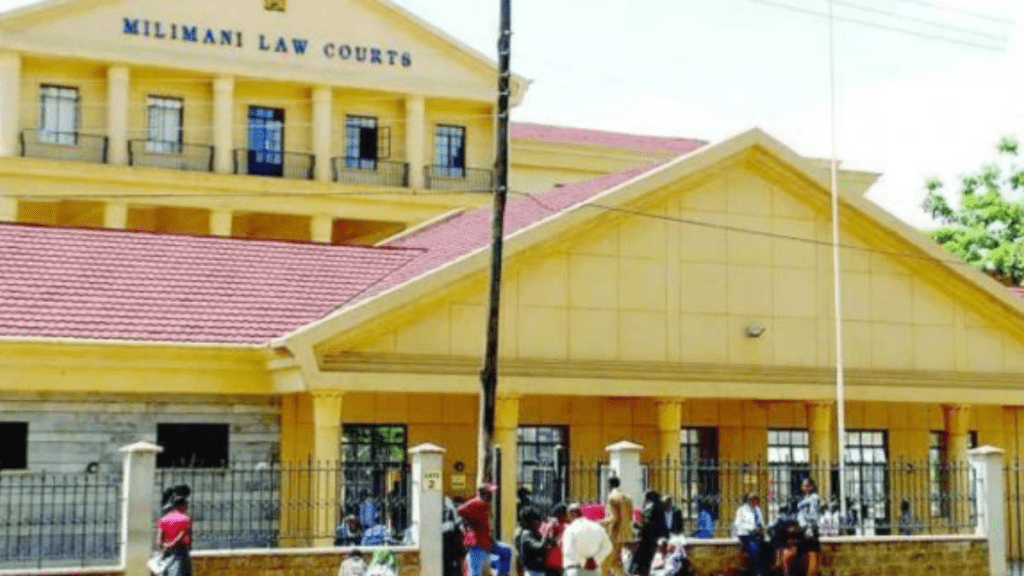The High Court has resolved a long-running legal battle over the estate of late British tycoon Roger Bryan Robson, ruling that a 1997 will outlining the distribution of his multi-million-shilling assets is valid.
In a judgment delivered by Justice Hillary Chemitei, the court upheld the will Robson signed on March 24, 1997, dismissing allegations of forgery brought by businessman Thomas Murima Mutaha and businesswoman Agnes Kagure. The judge concluded that the document had been properly executed, witnessed, and prepared by a qualified advocate.
“There is no evidence to suggest that the deceased was under any pressure or coercion. It appears he voluntarily visited his lawyer and expressed his intentions clearly,” said Justice Chemitei.
Robson, who died childless on August 8, 2012, had appointed lawyer Guy Spencer Elms and Sean Battye as executors. Battye later stepped down, leaving Elms to oversee the estate. Robson’s will directed that his assets be sold and proceeds shared between his nephew and environmental charities.
Mutaha and Kagure contested the will, claiming they had legitimate claims to Robson’s properties. Mutaha cited a stake in Upper Hill through Plovers Haunt Ltd, while Kagure argued she purchased a Karen property from Robson in 2011 for Ksh.100 million. However, the judge found inconsistencies in Mutaha’s evidence and noted that there was no written agreement or payment to support his claims.
The court also found no personal benefit for Elms in executing the will and acknowledged his legal standing as a neutral party.
Justice Chemitei ruled that any properties not mentioned in the will should be treated as intestate assets and clarified that property ownership disputes—particularly three contested parcels—should be resolved in the Environment and Land Court due to their contractual nature.
Additionally, the court revoked a land title held by Timothy Wangai Mwathe in October 2024, ordering him to pay Ksh.7 million for trespass to both the estate and Elms.
The case, spanning more than a decade, highlights the complexities of estate management and underscores the legal strength of a properly executed will. The land disputes are now set for determination by the Environment and Land Court.

